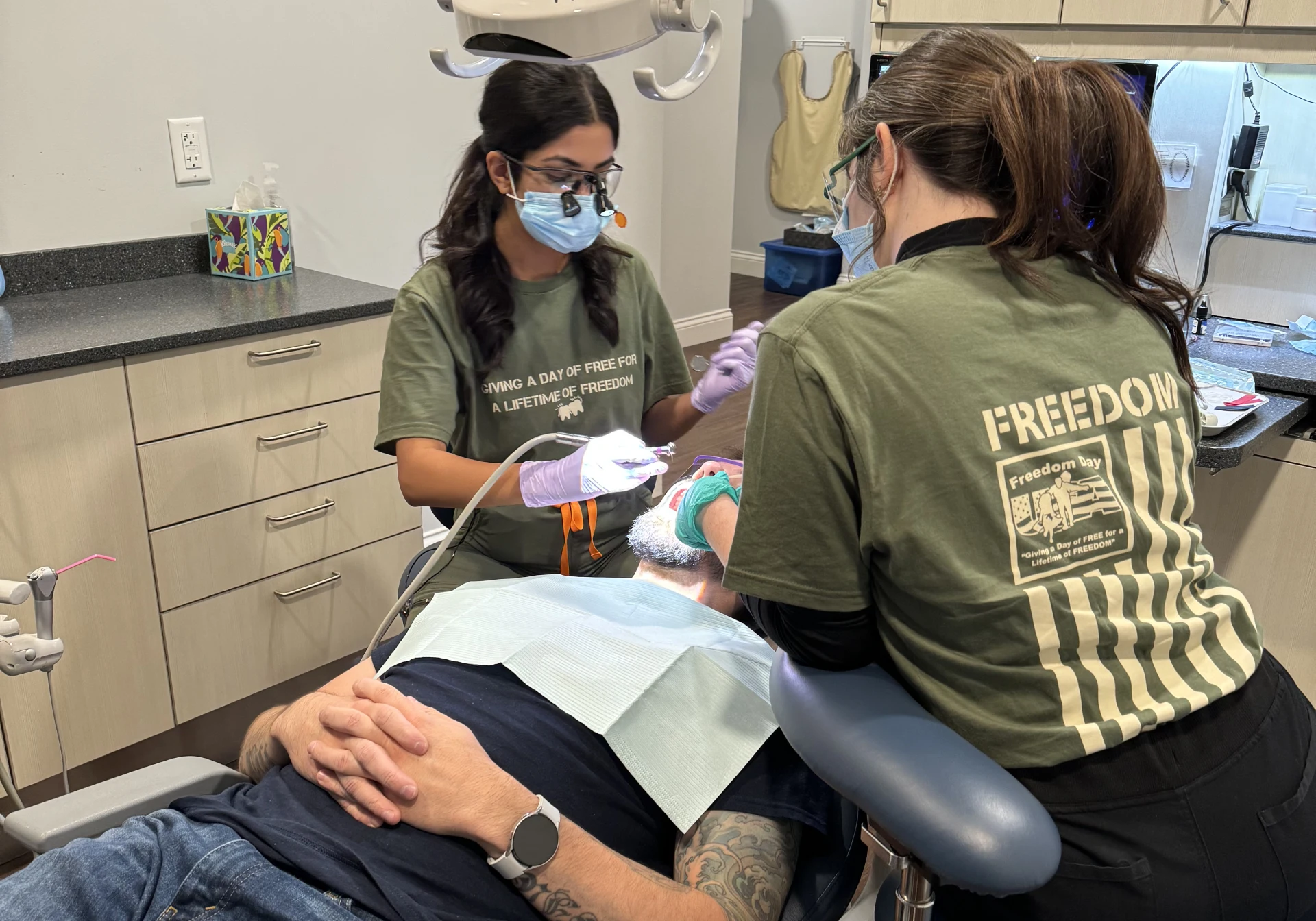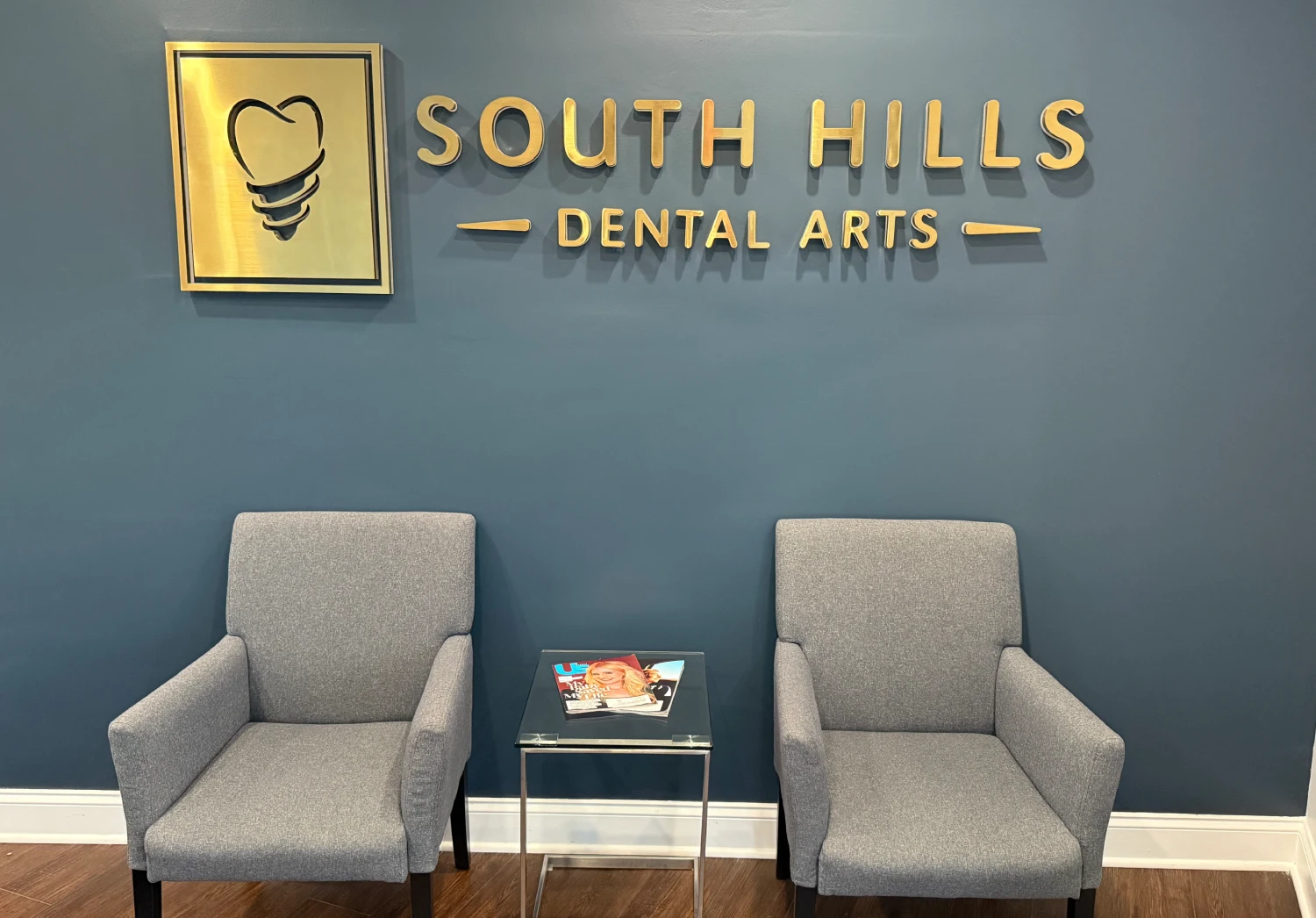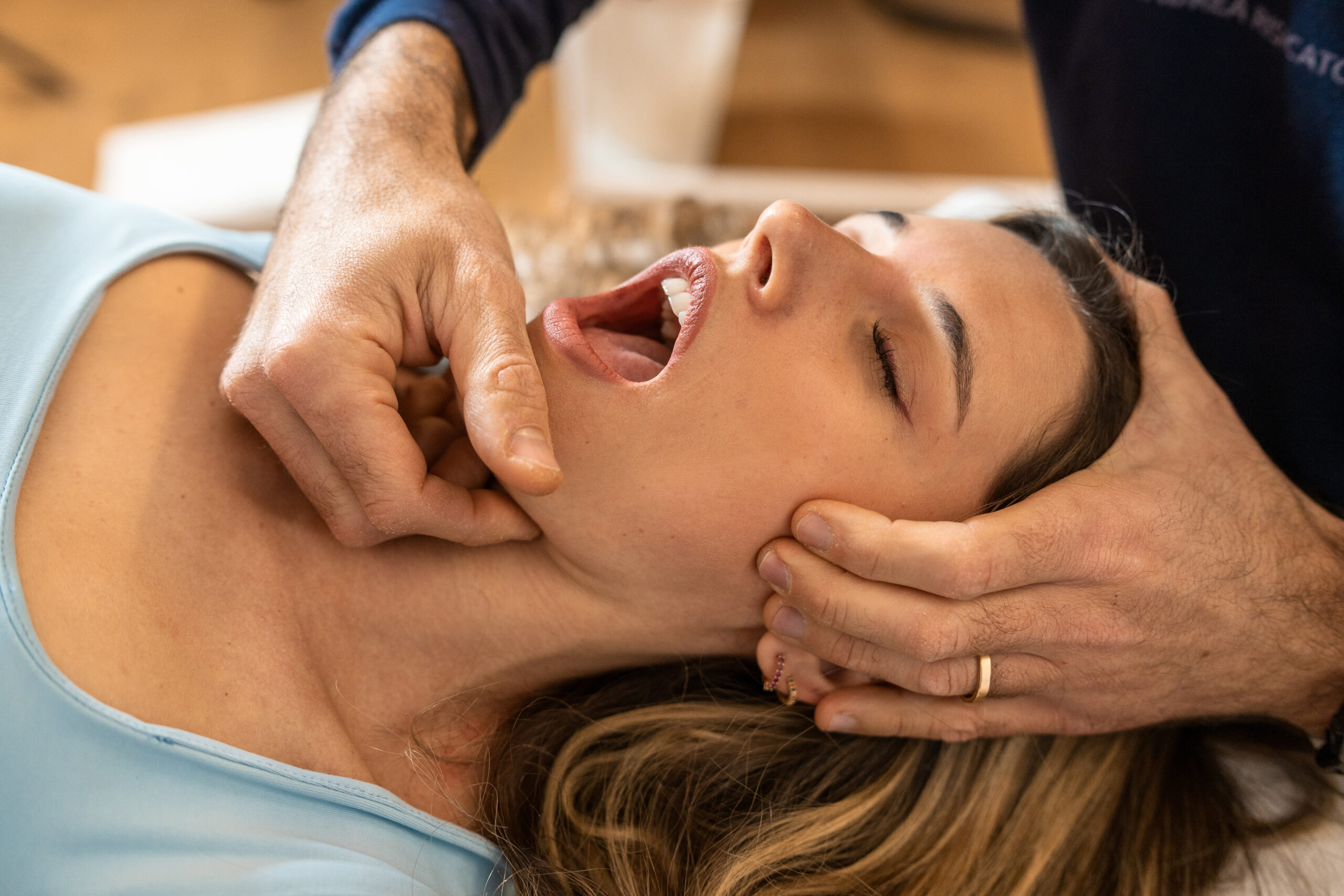Persistent jaw pain, clicking sounds when you open your mouth, or difficulty chewing can signal temporomandibular joint (TMJ) disorders that affect your daily quality of life. These symptoms often start subtly but can progress to chronic headaches, neck pain, and even difficulty opening your mouth fully. The frustration of dealing with TMJ problems extends beyond physical discomfort, impacting your ability to enjoy meals, speak comfortably, and get restful sleep.
At South Hills Dental Arts, we take a comprehensive approach to TMJ treatment that addresses not only your symptoms but also their underlying causes. With 35 years of experience and advanced diagnostic technology, like Tekscan digital bite analysis, we can precisely identify imbalances in your bite and jaw function. Our personalized treatment options, all available under one roof, mean you won’t need referrals to multiple specialists to find the relief you deserve.
 Services
Services LocationsContact Us
LocationsContact Us Resources
Resources
















